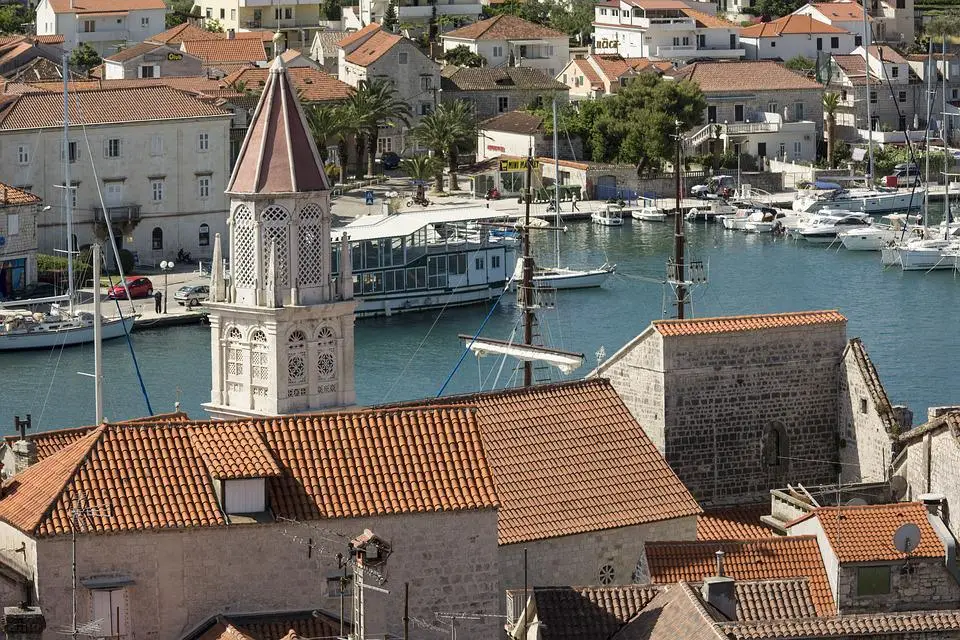As Poslovni Dnevnik writes, the German portal Bayerische Rundfunk 24 has stated: ”Whether it’s a city trip to Dubrovnik or a beach holiday on Krk – tourists must be prepared for higher Croatian prices.”
Back in 2019 – before the global coronavirus crisis – 2.88 million inhabitants of Germany spent their summers here in the Republic of Croatia, and travel agencies in Germany are announcing that this year, the number of visiting Germans could exceed 2019’s figures, reports BR24.
However, the aforementioned German portal also warned its fellow citizens about high Croatian prices as a result of inflation, which amounts to almost ten percent, and they say that the price of everyday basic items in stores is now even higher, RTL reports.
“It seems that in some cases, the prices have remained the same, but the packaging has become smaller. According to the Central Bureau of Statistics (CBS), the prices of food and non-alcoholic beverages in May 2022 increased by 15.2 percent compared to the same month last year,” stateed BR24 when explaining high Croatian prices.
They also say that the huge increase in prices is noticeable in the hospitality industry. Thus, they state that before the coronavirus pandemic, a beer in a pub in the City of Zagreb cost twelve kuna, or about 1.60 euros, and that German visitors will now have to pay 19 kuna for it.
“In places and islands popular with tourists, such as Split, Dubrovnik or Rovinj, the prices are much higher. Lunch for a family of four can cost 700 kuna and more, which is the equivalent of about 93 euros. According to the Croatian Bureau of Statistics, hotel prices have also risen. They were more expensive by more than twelve percent this May compared to May 2021,” writes BR24.
In the end, BR24 warned the Germans to be careful when exchanging money, more precisely switching euros to the Croatian kuna.
“You can try to save at least some money. Because, depending on where you exchange euros for kuna, the exchange rate varies. As a rule, exchange rates in exchange offices are much cheaper than when you withdraw money from ATMs,” they say.
For more, make sure to check out our dedicated travel section.









